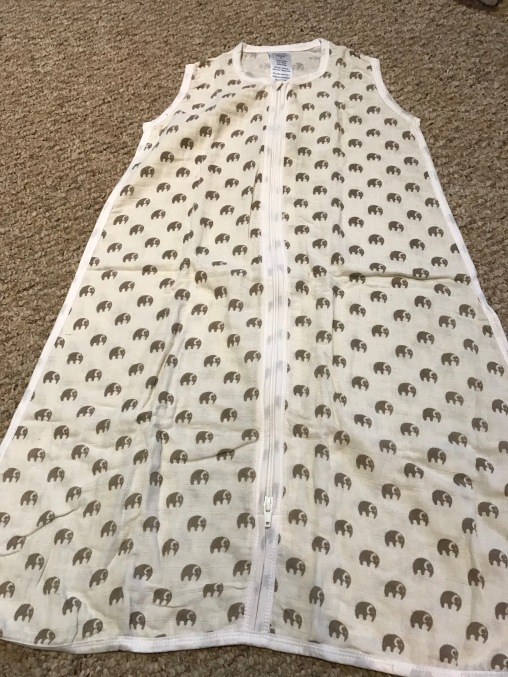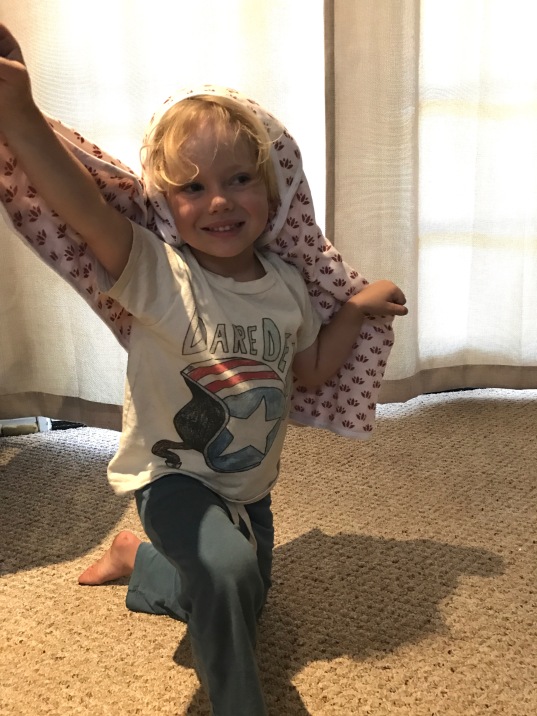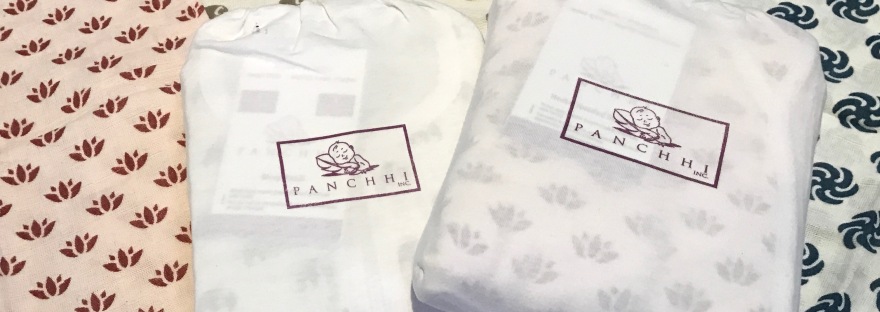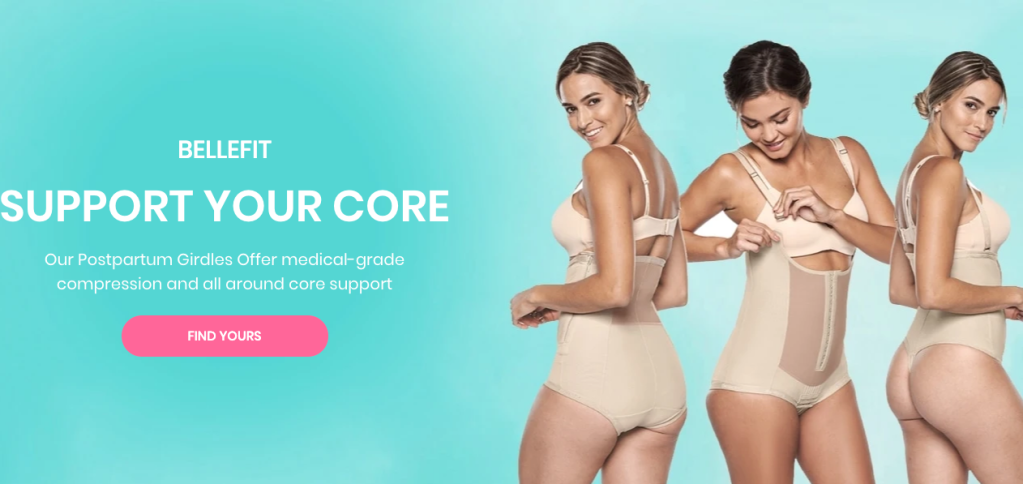Sponsored Post: This post was sponsored by Panchhi a company offering high quality 100% organic cotton muslin baby products and only uses natural printing (no chemical dyes!) I don’t post many of these because I only accept sponsored post opportunities from companies offering services or products I already use, and have an ideology I can get behind.
A baby’s skin is continually developing in the first year of life, making it susceptible to infection – premature babies have even more sensitive skin, as it did not have enough time to properly develop in the womb and needs extra attention while it plays catch up. What touches this silky skin matters and deserves intention and attention.
Extra Tip: To inoculate your baby with healthy bacteria, rub their bare skin on yours. This is one reason why skin-to-skin is so widely encouraged.
Luckily, with companies like Panchhi coming into the textile-selling scene (companies that are conscious of both the sensitivity of baby’s skin and our environment) it’s easier to find products we don’t hesitate to wrap our children in.
100% organic cotton muslin is a favorite textile for many skin savvy parents (as it’s gentle on the skin, and helps to prevent overheating and sweating), but what about the dye that creates those cute little images and catchy sayings? Does the composition of that dye matter?
It sure does.
Recent research has found that by-product polychlorinated biphenyls (PCBs) have been found in certain colors of printing ink used in children’s clothing. The International Agency for Research on Cancer and the Environmental Protection Agency classify PCBs as a “probable human carcinogen” and The National Toxicology Program has found that PCBs are “reasonably likely to cause cancer in humans.” In addition, people exposed to high levels of PCBs have experienced irritation in the lungs, skin, nose, and eyes. PCBs have also been found to disrupt hormone function and the immune system.
So yeah, not a friendly group of 209 chemicals that share a common structure.
Because the presence of the PCBs in dyes isn’t intentional, it’s tricky to know what clothing companies to avoid – but we do know which companies to seek out – those that use natural printing.
Panchhi practices the ancient art of natural printing, where colors are extracted from sustainably harvested plants and herbs – no harsh chemical dyes are used on their organic products.

Common herbs used for natural printing are Haritaki, Maddar, Pomegranate, Turmeric, and Indigo. (Panchhi utilizes these herbs for printing but takes it a step further by treating all their products with sea salt and dipping them in aloe vera to enhance the wellness properties and fastness of the prints.)
While these plants don’t offer the same palate found in clothing that utilizes chemical dyes, they offer an array of soothing colors made of Ayurvedic (an alternative form of medicine that focuses on the mind-body connection) herbs believed to produce a positive aura and calm in the wearer of the clothing. And, if your baby is the one wearing that positive aura and calm inducing clothing, you’re in for a good day.

Here’s a further breakdown of the potential powers of these herbs:
Haritaki – Believed to help in detoxification, rejuvenation and in increasing positive energy and awareness.
Maddar – Believed to heal various skin ailments, jaundice, irregular menstrual cycles and kidney dysfunctions.
Pomegranate – Believed to relieve constipation, inflammation, body pain, along with boosting memory, fighting infections and promoting a healthier heart.
Turmeric – Believed to have healing properties for skin problems, cough, cold and fever.
Indigo – Believed to be helpful for people who get excessively hot and sweat a lot. In addition, it is believed to have healing properties for respiratory problems and is used in many parts of India to treat mosquito bites, fast healing of bruises and relieve pain. Indigo is also believed to help calm down, relax and sleep peacefully.
Yes, please.
P.S. I’ve noticed that all the organic cotton products I’ve bought for my son over the years always outlive his non-organic cotton items, making up for the higher price tag of the soft stuff.
Quotes from friends of mine who have used Panchhi products:
“I have a more neutral and natural aesthetic which is why I loved the muted colors and soft tones of Panchhi products – they don’t overwhelm the senses.”
“I could tell a marketed difference in my daughter’s sleep when she started using the Panchhi sleep sack – she would fidget less and wake up happier.”
“My son loves the big cozy Panchhi towel, he uses it as a cape and refuses to take it off hours after his bath. And, unlike many other towels we’ve tried, this one doesn’t leave a residue on his skin.”
“I’m super picky about the washcloths I use on my newborn, usually finding them to be too rough or too “syntheticy.” The Panchhi wash cloths are soft and effective and don’t make me feel like I’m rubbing chemicals into my baby’s skin every time I wash her off.”







